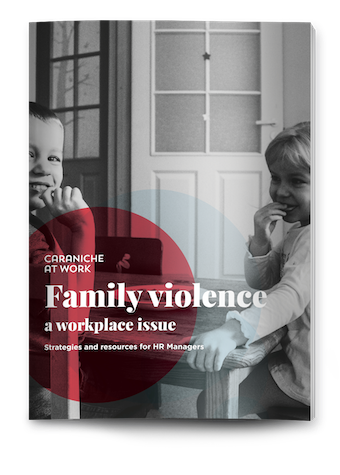
Anxiety is a word that often gets thrown around and usually comes with a negative connotation.
In reality, anxiety is a common response to a situation where we feel under pressure and these feelings usually pass once the stressful situation has passed or ‘stressor’ is removed. What’s more, anxiety is actually a normal and useful experience that prepares us for upcoming challenges and motivates us to complete goal-direct behaviours.
However, when worry is excessive and out of proportion to the situations that trigger it, feelings of anxiety may not pass and daily living can be disrupted. This could be an indication of an anxiety condition.
Anxiety is the most common mental health condition in Australia, affecting approximately one in four individuals in their lifetime.
Although anxiety is different for everyone, there are common emotional, cognitive, behavioural and physiological features that characterise an anxiety condition. These can include:
Feelings:
Cognitive:
Physiological:
Behavioral:
If a colleague or someone in your team or life is struggling and you think they need support, it’s important to take action. Start by having a conversation. Remember, it’s not your job to offer a diagnosis or counselling, so ask the person if they require assistance. From there, you can help them access further support.
If you need assistance on how to better support the mental health of your colleagues at work click here, or contact your EAP provider.

Many of the new tech based EAPs have been making inaccurate claims about traditional EAPs as part of their marketing and promotion.
Read more
Moral injury in the workplace can negatively impact our psychological wellbeing and mental health. Here’s why it matters.
Read more
When choosing how to cultivate wellness in the workplace, it’s never been more important to take an organisation-wide approach. Here’s why.
Read more
Australian workplaces are waking up to the impact of family violence. Caraniche at Work has developed a free report for HR Managers who want to take the lead.